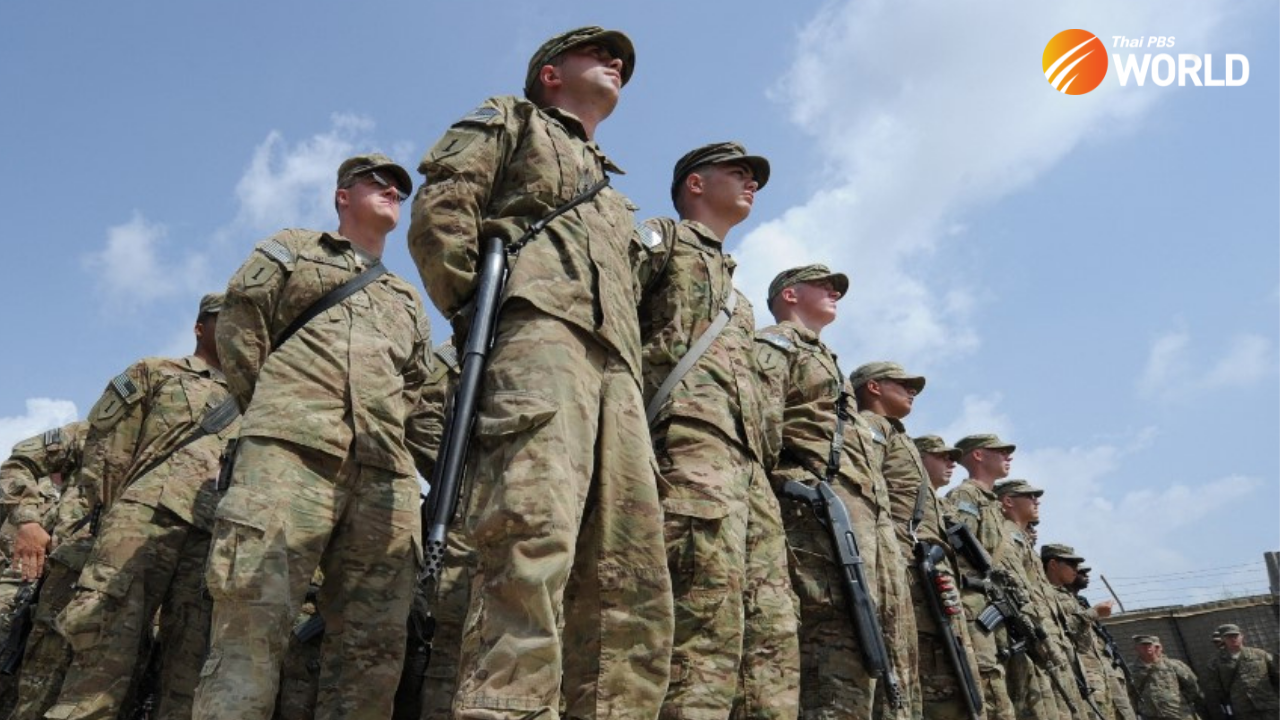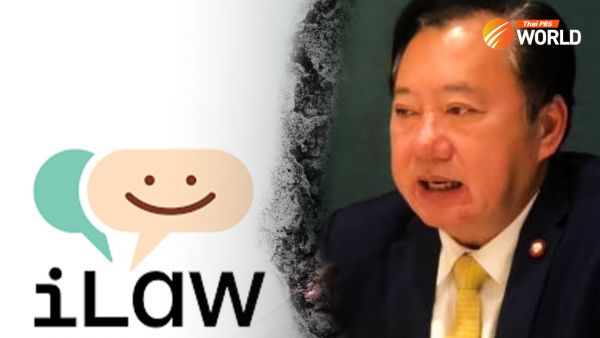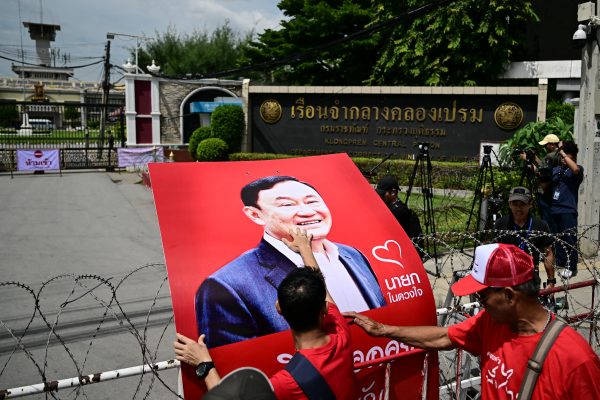Lessons from Washington’s 20-year mission in Afghanistan

President Joe Biden has ordered American troops to pull out from Afghanistan by the end of August. His order effectively ended Washington’s longest war but left behind a country in tatters. It was shocking news for many the world over, who are of the opinion that it is America’s responsibility to take care of Afghanistan at least until the country can stand on its own feet. After all, it was former President George W Bush who decided to invade Afghanistan following the events of September 11, 2001.
After 20 years of occupation, the US has decided to withdraw in a very ungentlemanly way. News reports that US troops left the Bagram airbase, the nerve center of its military operation, without informing Kabul truly was a sham, demonstrating the real attitude of Washington toward Kabul. Worse still, the US left behind more than 300 vehicles and other items, not to mention 5,000 Taliban prisoners. Altogether, the US spent a staggering US$3 trillion on its military adventure.
Now, there are serious concerns whatever progress that has been made would be destroyed especially on the rights of women and democratic progress. Unfortunately, the frequently debated topic has been the possibility of the Taliban’s taking control of the country. President Biden thought that this eventuality would not happen. Over the years, both the US and NATO troops have been training the Afghan forces in the hope they eventually would be able to protect their own country by themselves.
But the latest development during the US troop pull-out doe does not bode well with the president’s assessment. As the US troops were pulling out, in early July over 1,000 Afghan soldiers fled to Tajikistan to escape fighting with the Taliban. Worse still has been the widely reported that the Taliban fighters have controlled over 85 percent of the country.
Unless the Kabul government and the Taliban continue to work on a truce as well as a peace plan, Afghanistan’s future is bleak. The peace process must be given full support by the major powers as well as Afghanistan’s neighbors, as they will have to get involved later during the transition and rehabilitation of the war-torn country if there is peace.
Indeed, the American pullout from Afghanistan provides a valuable lesson that any adventure through military means in a foreign land would be difficult to yield constructive results. It is not the military operation that dictates the outcome. Winning the battle for the hearts and minds of local people with diverse cultural and religious backgrounds is the key. In Afghanistan, lest we forget is a land full of internal conflicts among local vested interested groups led by warlords. While these power wielders are fighting against the foreign forces, at the same time, they are also turning against each other or if necessary, cooperating with one another, making it difficult to find common solutions among the Afghan stakeholders vis-à-vis the presence of foreign forces. The former Soviet Union pulled out from this country in 1989 after 10-year of engagement.
It is also interesting that Biden stated succinctly that the US was in Afghanistan to finish off the Taliban, who were responsible for the September 11 catastrophe, and the killing of Osama Bin Laden, the chief of Al Qaeda. That was accomplished, he believed. Biden even emphasized that in Afghanistan, the US has nothing to do with nation-building at all. Strictly speaking, If that is not the case, then the US efforts in this country amounted to nothing. Throughout the past seven decades since World War II, the US has been engaging in all kinds of initiatives and endeavors to encourage “nation-building” processes around the world, including the rehabilitation of Europe, in the American image—liberal norms and democracy.
Biden’s presidential victory has been extremely clear to outsiders, who still believe in the genuine democracy in the US. However, this sentiment is not widely shared among Americans who are conservatives and followers of former President Donald Trump and affiliated with the Republic Party or one of the many right-wing groups and extremists. Even today, they still believe that Trump was cheated in the presidential election.
Six months in Biden’s presidency, the domestic urgency perceived by Biden will influence the overall policy approach toward the rest of the world, in particular the areas in which the US has direct involvement. As Biden continues to consolidate his presidency, the attention towards faraway countries including Afghanistan will be less and less. Obviously, there is one exception. China remains the US main foreign policy target.
With the Afghan crisis unraveling fast, it is imperative that major powers including the US consider contingency plans, short of military intervention, to help support and stabilize the Kabul government and its overall leverage against the Taliban.
By Kavi Chongkittavorn






